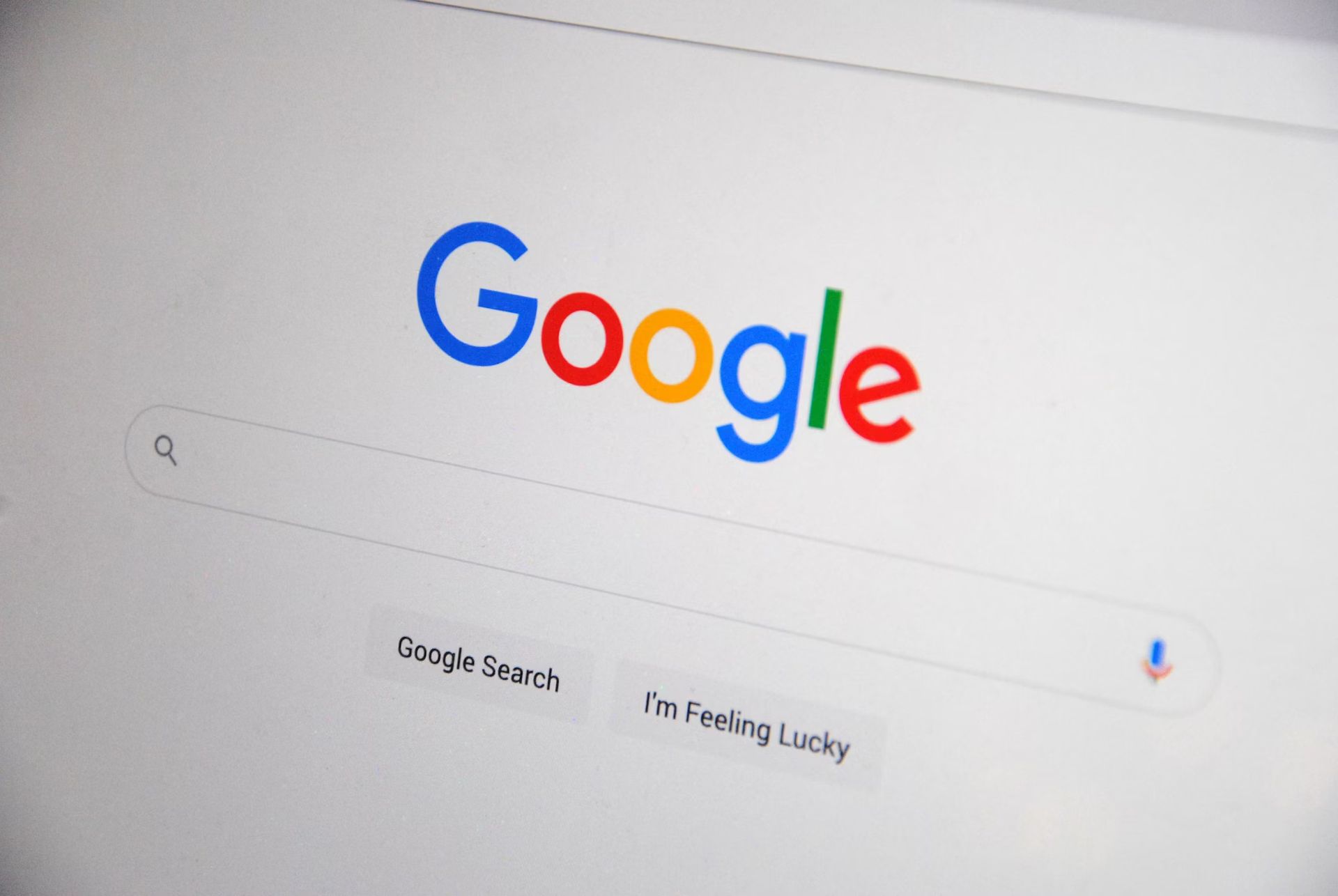Google will add links to your site without asking

Google has introduced a new feature in its iOS app that automatically injects links into third-party websites, directing users back to Google Search. This feature, known as “Page Annotations,” highlights entities extracted from web pages and allows users to perform searches without needing input from site owners.
Google introduces page annotations in iOS app to enhance searchThe Page Annotations feature operates by identifying interesting content on a webpage visited through the Google app. When users click on these highlighted texts, they are redirected to a Google search results page for that specific entity, all within a pop-up window above the original site. This update marks a notable shift in how information is presented on external sites, as Google effectively adds functionality without notifying the website’s owner beforehand. According to Google, there is an option for website owners to opt out through a designated form, although the process may take up to 30 days to be effective.
This move by Google occurs as scrutiny over its market dominance continues to escalate. The US Department of Justice has referred to Google Search as having a “monopoly,” suggesting significant regulatory implications. The Page Annotations feature appears to raise further concerns about how Google’s actions may impact smaller web publishers who could see their traffic diverted to search results instead.
This feature is not entirely unprecedented. In April 2024, Google released a similar AdSense format termed “ad intents,” which converts certain website text into ads that also lead to Google Search results. Unlike Page Annotations, where site owners must opt out, ad intents require site owners to explicitly opt into the service, distinguishing the nature of these two implementations.
Google antitrust lawsuit explained in 5 steps
Additional developments in the Google ecosystem reveal ongoing enhancements aimed at adjusting how information is displayed in searches. Recently, some users have reported seeing search links appear in orange text, and a “Quick View” option is in testing to allow users to view recipes without leaving the Google Search results page. Furthermore, AI is taking an increasingly central role in how results are organized and displayed, a fact underscored by recent announcements.
Google’s actions regarding Page Annotations highlight the complexities of its operating environment, specifically around its influence in the search market and regulatory responses. This feature’s implementation serves as a double-edged sword for both users, who may benefit from greater accessibility to related information, and website owners, who could find themselves navigating unexpected traffic shifts as a result.
Featured image credit: sarah b/Unsplash
